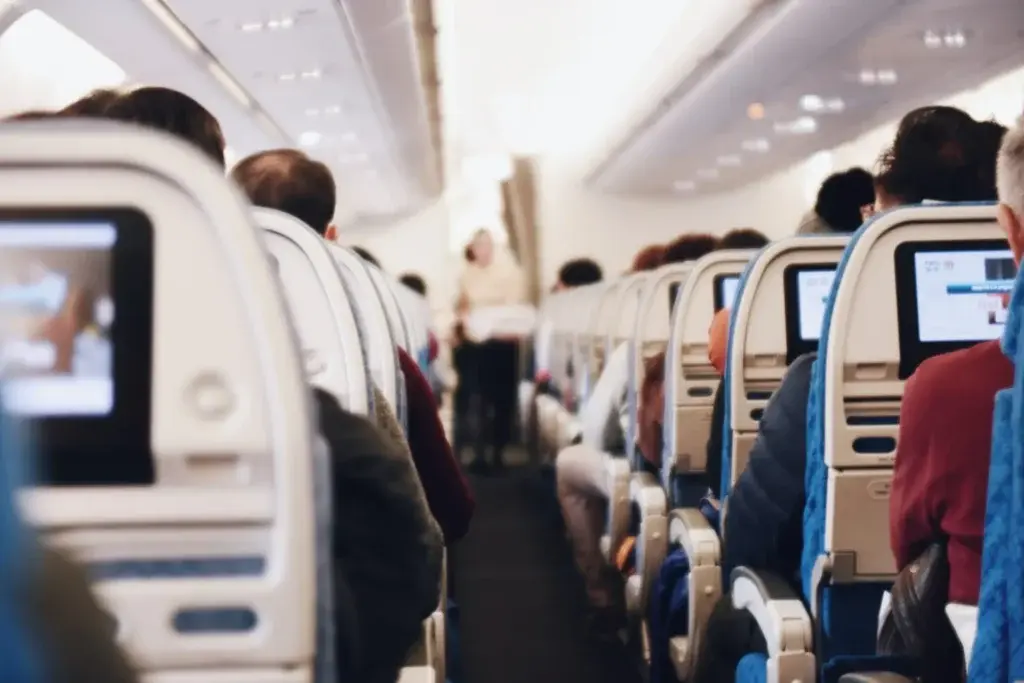Prix moyen constaté
9,20€/Pers*
*Tarif pour un voyage d’une semaine pour une personne de 30 ans (sans annulation).

Planning a trip to Mauritius: what papers do you need? How can you make sure you're well covered during your stay? How to take out travel insurance in Mauritius We tell you all about it in our complete guide!

COVID-19
Full "recommended" vaccination schedule

Mandatory documents
Valid passport is required

Residence permits
Only for stays over 90 days

Currency
Mauritian rupee

Vaccination
Hepatitis A

Travel insurance Mauritius
450,000€ coverage recommended by Yupwego

Best period
December to April

Emergency numbers
medical emergencies - 114
Your Travel Health Insurance Mauritius
online
Start your quotation now and obtain your medical insurance certificate insuring medical expenses up to €500,000.
Discover Mauritius
Mauritius in brief
Mauritius, in the Indian Ocean, is a popular tourist destination for its natural beauty, white sandy beaches, crystal-clear waters and tropical atmosphere. Mauritius is renowned as a tropical paradise, offering breathtaking scenery, rich biodiversity, diverse culture and warm hospitality.
Must-sees
See our complete guide to
in Mauritius
Travel insurance Mauritius
Is travel insurance compulsory in Mauritius?
In Mauritius, travel insurance is not compulsory to enter the country. However, it is strongly recommended that you have adequate travel insurance to cover any health problems, accidents or trip cancellations.
Why should you purchase travel insurance for Mauritius?
Travel insurance for Mauritius is recommended for several reasons:
- Medical expenses: In the event of illness or injury.
- Repatriation: If you need to be evacuated to receive appropriate medical care, travel insurance can cover the cost of evacuation, which can be very expensive.
- Third-party liability: If you cause damage to others or property, travel insurance can cover the cost of third-party liability.
- Loss and theft: If your luggage is lost or stolen, or if you lose money or valuables, travel insurance can cover these losses.
- Cancellations and delays: If your trip is cancelled or delayed due to unforeseen circumstances, such as illness or natural disaster, travel insurance can cover the associated costs.
What does my YUPWEGO Mauritius travel insurance cover?
To travel to Mauritius, YUPWEGO recommends a minimum cover of €450,000. Here's just one of the coverages we offer for each of our contracts:
Before you leave
What are the entry requirements for Mauritius?
There are no special requirements for entering Mauritius.
Jet lag
The time difference with France is +2 hours.
How can I insure myself for the long term?
If you wish to insure yourself for a long period in Mauritius, you may wish to consider taking out
expatriation insurance
specially designed for expatriates, or a
PVT insurance
insurance if you are studying or doing an internship abroad.
Health and care Mauritius
What are the health risks in Mauritius?
Health risks in Mauritius are generally low, but it is advisable to protect yourself against mosquito-borne diseases such as dengue fever and chikungunya, by using repellents and avoiding areas of stagnant water. It is also advisable to drink bottled water, wash hands regularly and follow local health guidelines to prevent infection.
What type of plumbing system should I use?
We recommend using private healthcare services, as they generally offer better and faster care than the public sector.
Responsible travel in Mauritius
How can you reduce risks by traveling responsibly?
- Be environmentally conscious by avoiding leaving waste behind, preferring reusable products and opting for nature-friendly activities such as hiking and ecotourism.
- Support local businesses by choosing restaurants, stores and travel agencies run by local people, to contribute to the local economy and preserve traditional culture.
- Avoid activities involving abused or captive animals, preferring instead to visit ethical animal sanctuaries that respect their well-being.
- Choose eco-friendly transport such as public transport, cycling or walking, and if possible, offset your carbon footprint by supporting reforestation projects or environmental initiatives.
- Be aware of the use of natural resources, especially water, by using it sparingly and avoiding wastage, especially in areas where water can be scarce and precious.


















